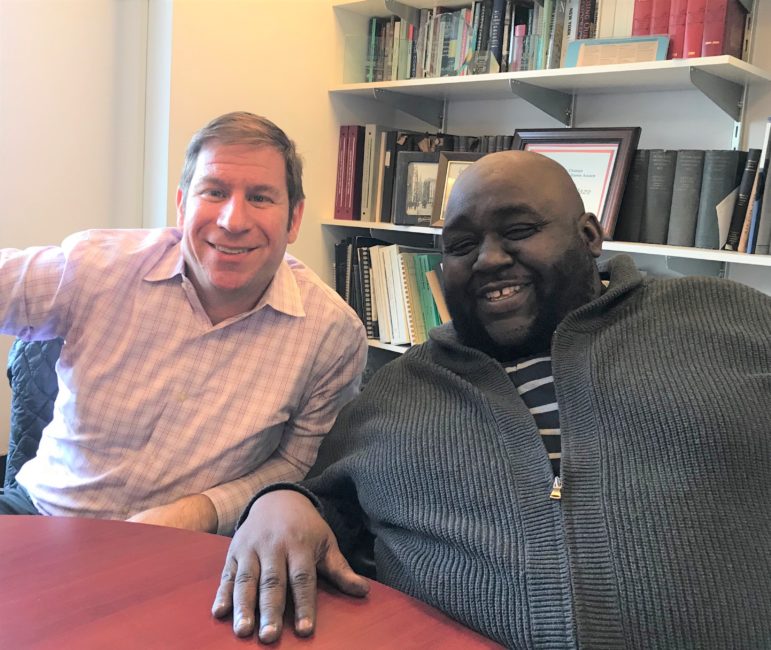
Ben Max
Elie Hecht of At Risk Community Services, left, and Danny Barber, chair of the Citywide Council of Presidents of NYCHA tenant associations
If it were a shortage of monitors that most plagued NYCHA, the authority’s problem would be well on its way to being resolved.
Besides the Department of Investigations and city comptroller, which have issued many a critical report about the authority, the newly empowered City Council Oversight and Investigations Committee, led by top NYCHA critic Ritchie Torres, will surely be keeping an eye on the agency, as probably will the Council’s Committee on Public Housing.
A special master appointed through a lawsuit against NYCHA over mold inspections already has some oversight duties, and is now empowered to appoint a separate independent ombudsperson for complaints. The new state budget permits the hiring of a state monitor. A federal investigation of NYCHA could result in the appointment of a new federal one – a prospect NYCHA’s chairwoman, Shola Olatoye, has welcomed.
And NYCHA’s tenant associations, through their Citywide Council of Presidents, have sued to impose their own monitor.
But as Danny Barber, the chair of the CCOP, told the Max & Murphy podcast this morning, the monitor is just one demand. What CCOP most wants—and what it says it is legally entitled to—is a voice in NYCHA’s decision making.
“Technically, by right, federal … regulations state that we’re partners. We’re supposed to sit down with NYCHA from thought process to completion of job and NYCHA has not honored that. They’re in total violation of all federal regulations. They know that they’re in viol but until CCOP takes a jump on that, NYCHA will continue to go. But we’ve been working with our attorney to get things back on track.”
Barber, joined by his partner in the lawsuit, Elie Hecht of At Risk Community Services, indicated CCOP is willing to litigate that matter, too.
Barber and Hecht echoed Gov. Cuomo in disputing the notion that NYCHA’s problems stem primarily from a lack of money—although Barber did suggest that the city was still shortchanging the authority by charging it to support some NYPD functions. They said they were hopeful that the $550 million the state has ear-marked for NYCHA will begin to relieve the urgent problems faced by many of the agency’s 400,000 residents.


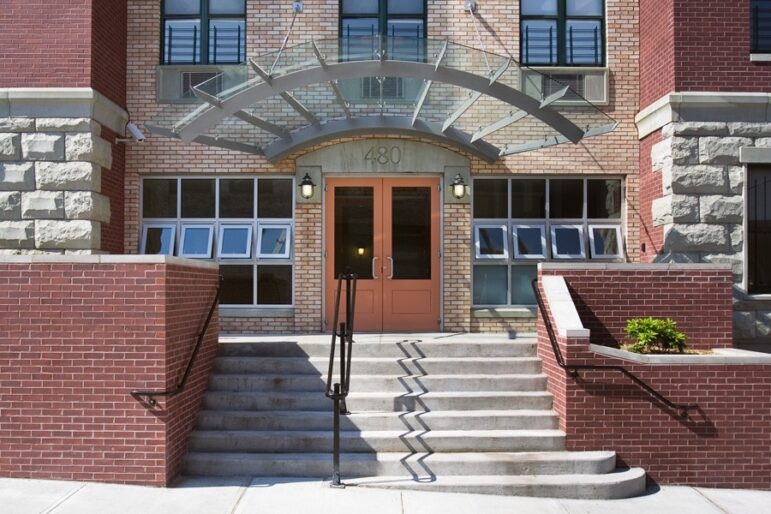
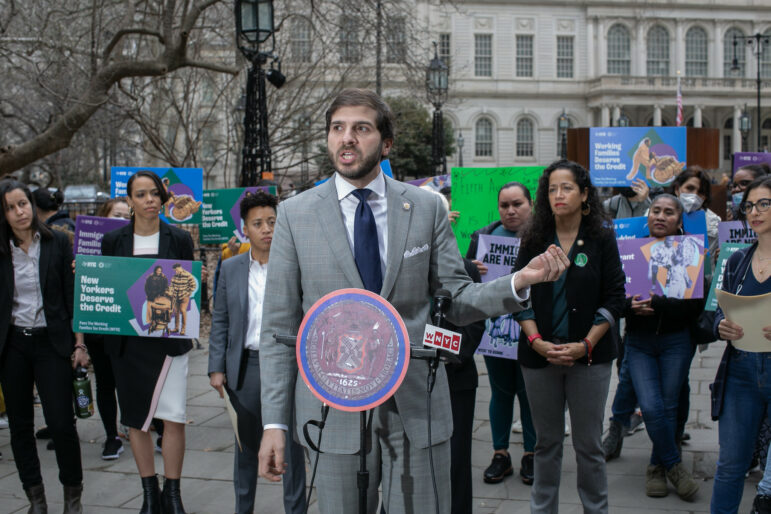
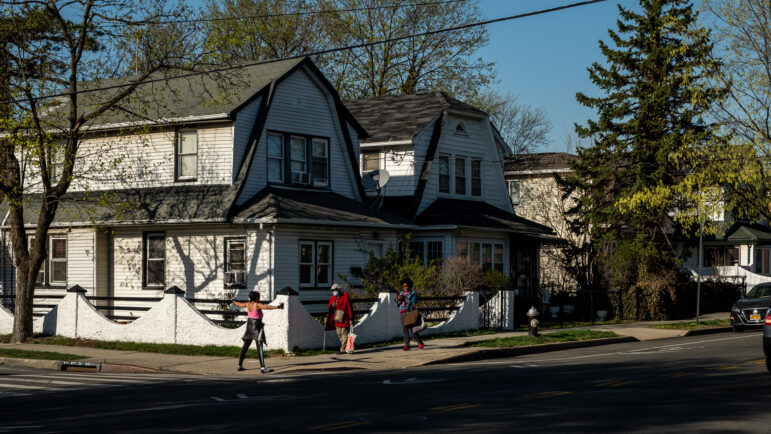

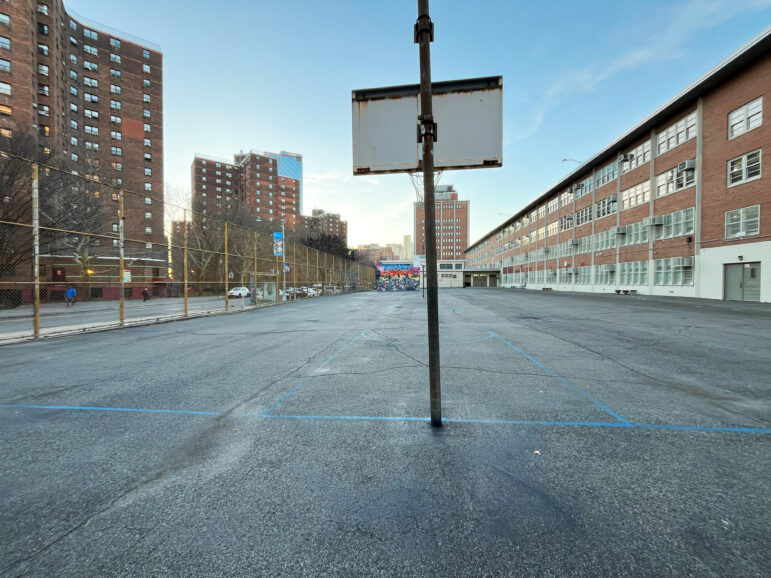


One thought on “Max & Murphy: NYCHA Tenant Leader Demands a Place at the Table”
Danny Barber is a voice for who? Where?
In his district?in his community? I lived in Manhattan and no one from RA.
What ever it is called. Ever spoke for anyone in the developments in the lower East side. Who Ever the RA for Manhattan is has been invisible.
I know there is a stipend involved. Do you job RA members and you Danny Barber because I need representation and none. I mean none has backed my complaints against NYCHA.
I don’t assume you’d respond because this is outdated but, if your like me and keep archives of all the events you’d know I reached out in 2021 to request feedback from you and your RA side kicks whom done nothing to represent residents on the L.E.S!!!